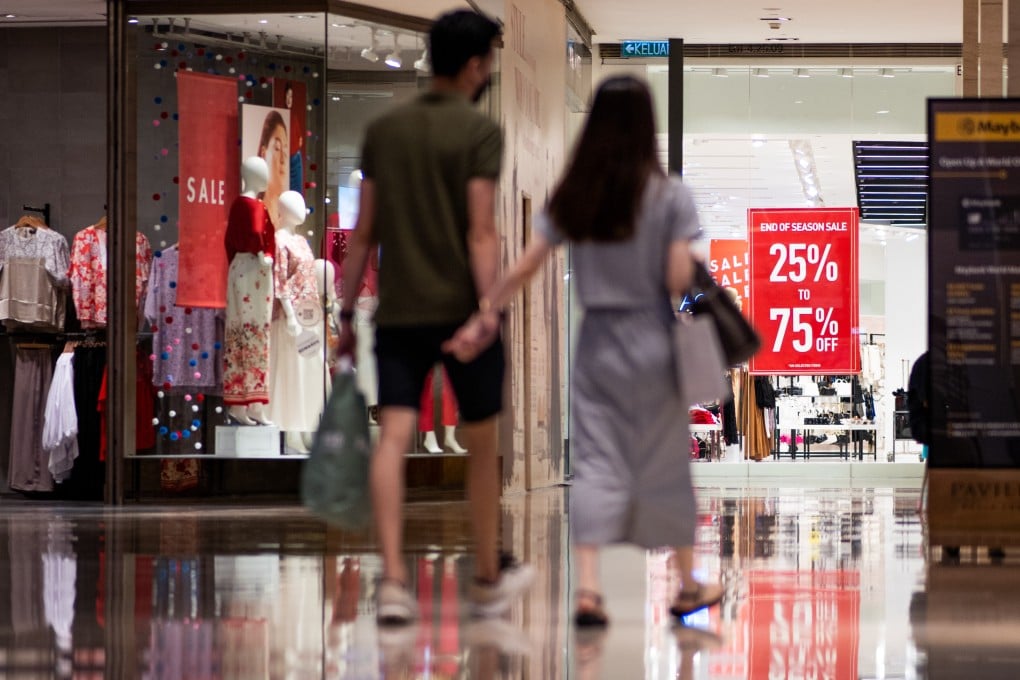Advertisement
Can Malaysia’s e-commerce side hustles survive as ‘low-value goods’ tax hike bites?
- A 10 per cent tax on purchases of ‘low-value goods’ under 500 ringgit (US$115) has left small e-commerce businesses worrying for their future
- Social media users question the additional burden on medium- to lower-income Malaysians who will be most affected by the new tax, instead of the rich
Reading Time:4 minutes
Why you can trust SCMP
2

Hadi Azmiin Kuala Lumpur
Like many Malaysians with a small e-commerce side hustle, Farah Asyikin says her business selling accessories for mobile phones may be finished once a 10 per cent tax on purchases of “low-value goods” under 500 ringgit (US$115) comes into force.
Malaysians are up in arms over the expansion of the sales tax from April to include low-cost items easily plucked from the internet, which fuel cottage industries selling everything from cosmetics to K-pop merchandise that plump up earnings in the middle of a cost-of-living crisis.
Prime Minister Anwar Ibrahim’s government has inherited the measure from Ismail Sabri Yaakob’s administration, which introduced it in last year’s budget to bring in an additional 200 million ringgit (US$46 million) a year via the tax.

But it has left small e-commerce businesses worrying for their future – and an ordinary public which has struggled through the pandemic questioning why taxes are not targeting the rich.
Advertisement
“Not everyone can afford to buy in bulk,” said Farah of her business that relies on sites such as Alibaba and Taobao for supplies, which will no longer be competitive once the tariff comes into force.
“It’s for side income, but maybe I need to start doing something else,” said Farah, who started her business after being made redundant from her clerical job at the height of the pandemic.
Advertisement
On social media, many questioned the additional burden on medium- to lower-income Malaysians who will be most affected by the new tax, with one Twitter user likening it to “taxing canned sardines but not lobsters”.
Advertisement
Select Voice
Choose your listening speed
Get through articles 2x faster
1.25x
250 WPM
Slow
Average
Fast
1.25x